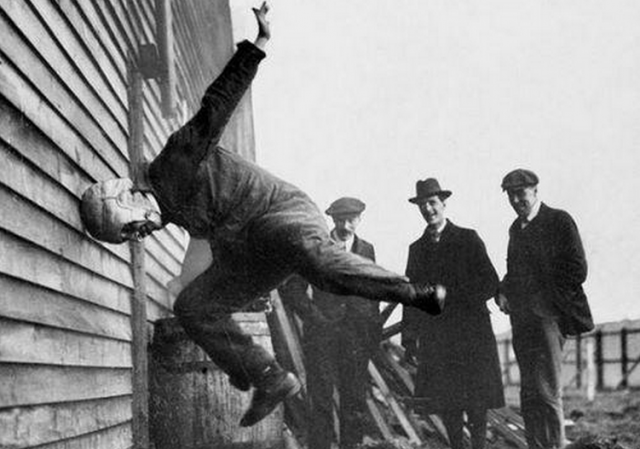If you are active on social media, are you happier now than before social media?

Two recent high profile suicides have led to a lot of discussion about how suicide rates have been rising for the past 20 years.
The issue of why also has been discussed a lot, and there certainly are no simple or easy answers. Each tragedy has its own reasons and facts, though there are themes.
My mind first went to the rise of social media as at least a part of the problem.
If you are active on social media, are you happier now than before social media?
It is a rare experience on Twitter that leaves me feeling better about anything – the world, myself, or others. I’ve described Twitter as a pus pocket. I think I was too charitable. It’s easy to turn disagreement into hatred into fury — just witness how many celebrities and others have gotten themselves into trouble by Twitter outbursts.
I don’t spend as much time on Facebook, because early on I pegged Facebook as a cesspool of which I wanted little part. I do have a personal Facebook and the website has a Facebook page, but I don’t post a lot myself much less interact with “friends” particularly Trump Deranged “friends.” To the extent I ever hear people talk about their Facebook experiences, it frequently focuses on blocking, defriending or muting childhood or college liberal friends who have gone off the rails with anti-Trump fury.
A quick search confirms my gut feeling that social media likely is linked to depression . I don’t know if there is proof in the sense of a scientifica or legal causation, but there’s plenty of anecdotal evidence. Here are some links I found in just a couple of minutes:
A New, More Rigorous Study Confirms: The More You Use Facebook, the Worse You Feel
Social Media and Teen Depression: The Two Go Hand-In-Hand
Rise in teen suicide connected to social media popularity: study
Suicide rate’s increase can be tied to social media, technology: Dr. Marc Siegel
Using Many Social Media Platforms Linked With Depression, Anxiety Risk
When I think back on the almost 10 years of Legal Insurrection, I think most fondly of the earlier days, before social media dominated the landscape. With the anti-conservative bias of the tech oligopolies who run social media, social media seems like even more of a trap than just a couple of years ago.
Social media also has polluted our more general life, with the ability to form online mobs increasing, as Prof. Glenn Reynolds recently wrote in USA Today:
People enjoy forming mobs. Mobs allow people to do things they’d be afraid to do on their own, to steal, to hurt and kill, to burn and destroy — and also to feel set free from the bonds of civil society, to experience a kind of atavistic catharsis, a feeling of power and a solidarity with their fellow rioters, in a way that’s otherwise difficult to achieve, especially without suffering serious consequences….But now there’s a new kind of mob, an online mob. And judging by the events of the past week, this new mob is becoming a more frequent problem. Part of that is because it’s easier (and safer) to be part of an online mob than one in the real world.Joining a real mob requires you to leave your house, go somewhere else, and experience risks and discomforts. Joining an online mob can be done from an easy chair at home.
This social media mob mentality impacts most those who are on social media, even if not a direct target. There is a tension and anxiety caused by watching these mobs form in real time.
In all, social media is a depressing place to be.
We need to figure out ways to connect with each other outside those platforms.
CLICK HERE FOR FULL VERSION OF THIS STORY